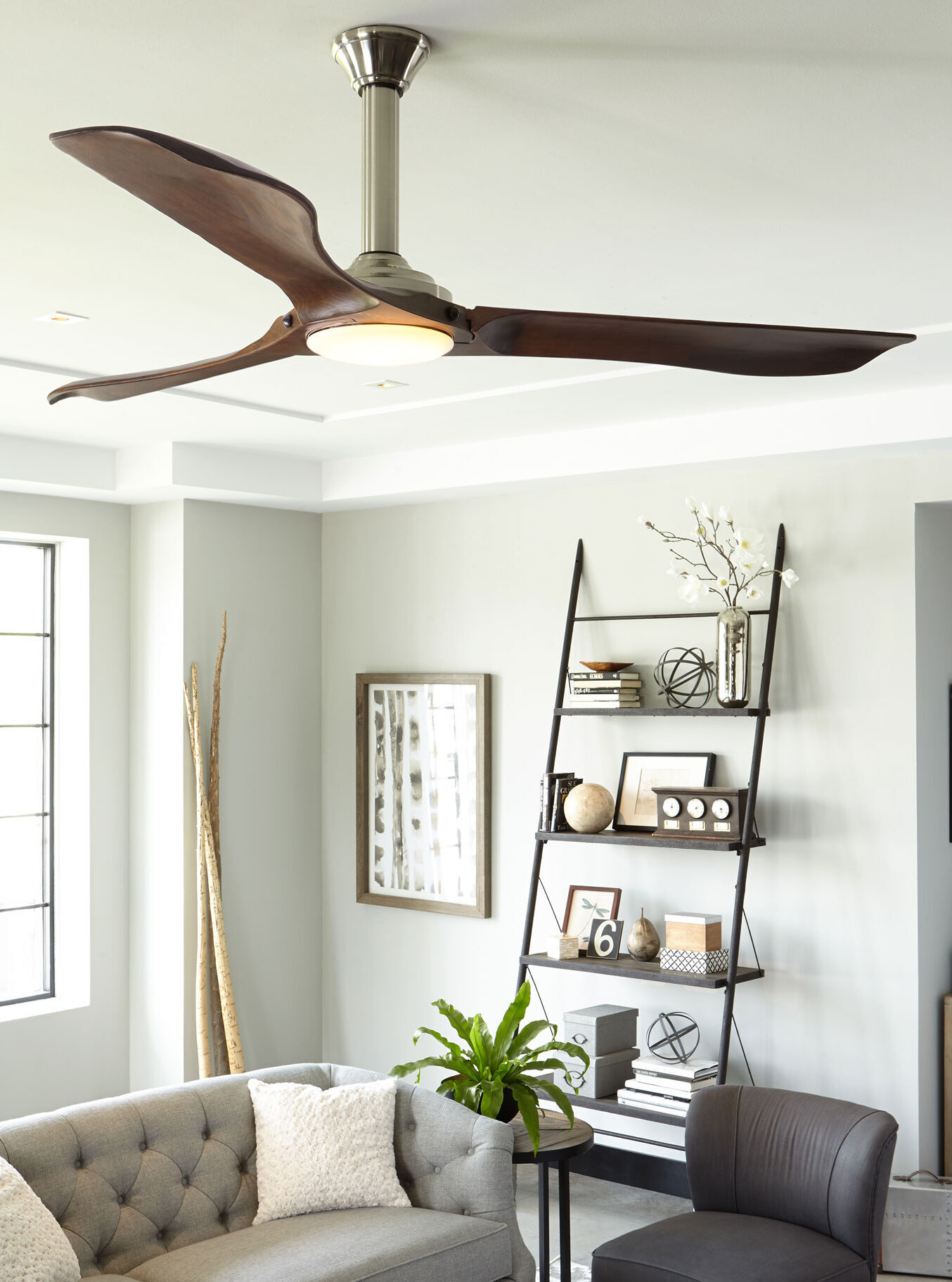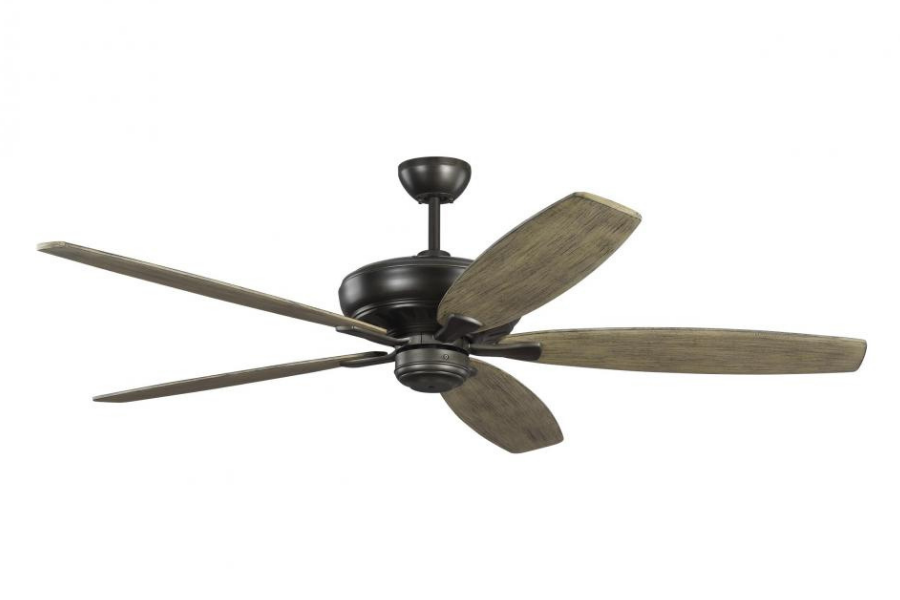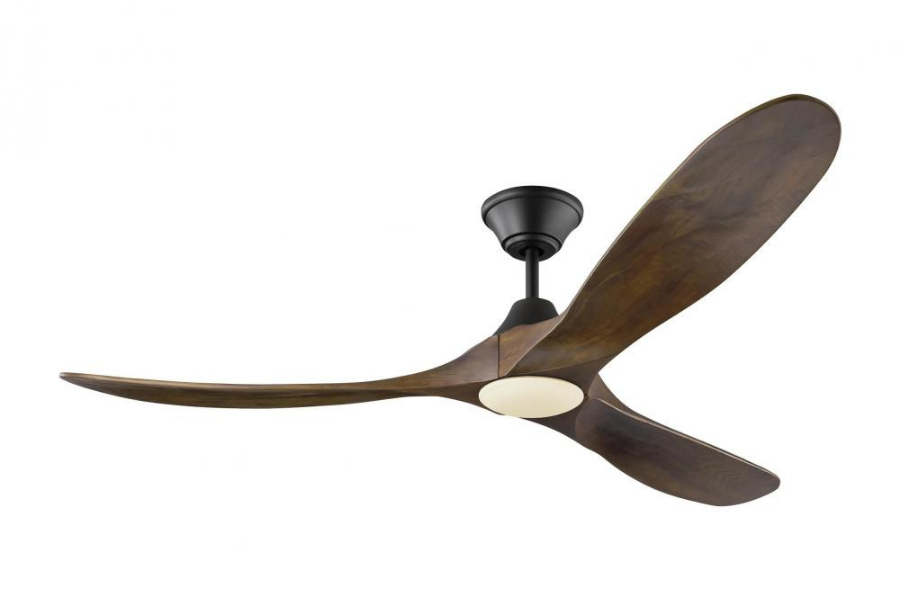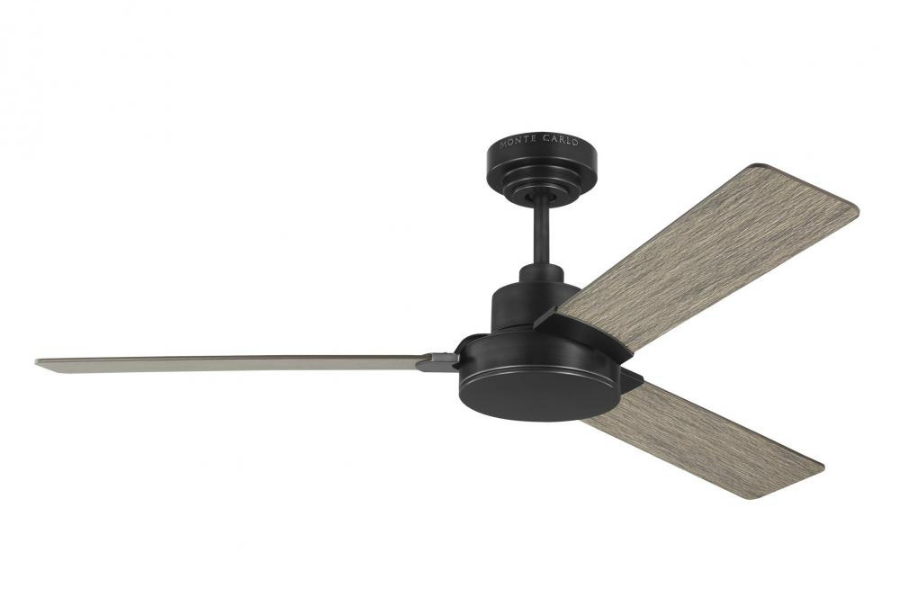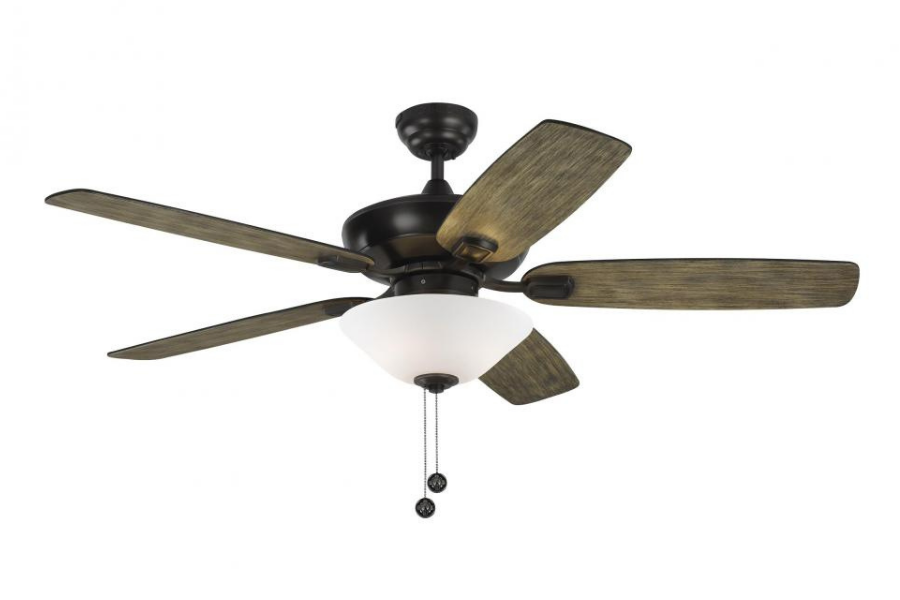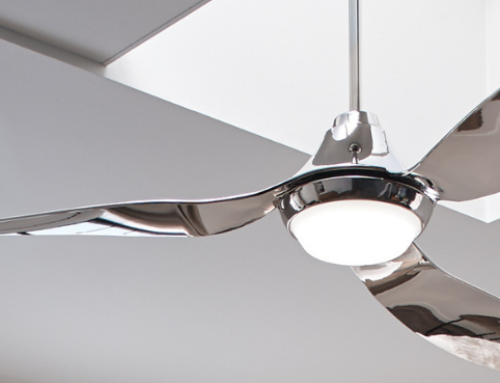Ceiling Fans: 5 Things to Know Before You Buy
A ceiling fan is more than an appliance – it’s a design statement. Most ceiling fans are located front and center in the home – dominating the scene in the living room, kitchen, bedroom or patio – so style is important.
Here are five things you should know when shopping for ceiling fans:
1. Design Options – The simple paddle fan is a thing of the past. Today’s ceiling fans come in an amazing variety of styles, finishes and colors – ranging from island style (with palm frond blades), to sleek contemporary, and incredibly ornate. Check out your local lighting store for the largest selection.
2. Ceiling Fans Can Save Energy All Year Round – Look for full-featured fans with remote or wall-mounted controls. Circulating air creates the sensation that room temperatures are about seven degrees cooler. This allows you to set your thermostat at a higher temp in the summer. By reversing the blade motion in the winter, warm air can be pulled down from ceiling areas, saving energy on heating bills. Fans with new energy-efficient motors use 1/3 the energy of a typical fan motor and usually move much more air. Ask your ceiling fan expert about DC energy-efficient motors, down rods and special fan sizes to fit your room size and ceiling height.
3. Try It before you buy It! Manufacturers now are required to report CFM (airflow measured in cubic feet per minute) and energy efficiency data making it easier to compare fan performance. More CFMs are needed for a large or high-ceiling room than a 12×12 bedroom, for example. Your local lighting store has a large range of working ceiling fans designed for a wide variety of functions. Check with the experts at your local lighting store for more information.
4. Special Fan Options – Damp and wet-rated fans for outdoor use. There are specially designed ceiling fans with UL ratings for use in high humidity (damp-rated) or outdoor (wet-rated) areas. Installing a non-rated ceiling fan in a damp or wet location will shorten the life of your fan. Blades will warp and sag and extreme moisture and temperatures will take their toll. Ask your local lighting store about UL Ratings for Damp and Wet-Rated ceiling fans.
5. Lifetime Guarantees – Buy from a dealer who stands behind their product. Most reputable ceiling fans come with a limited lifetime warranty on the motor. Blades, controls, and light kits are typically only for 1 or 2 years. Realize that most fan manufacturers market a range of fans hitting several price points. A $400 fan has a higher performance motor than a $100 fan. An inexpensive fan may have particleboard blades and thinner housing materials where a middle- to high-end fan will have cast motor housings, solid wood blades and more advanced control systems. Before you buy, ask about return policies and warranties.
Remember that a ceiling fan is both a style statement AND an appliance. Make sure that quality, style and performance are all factored as part of your decision making process. Choose wisely and you will have a positive ceiling fan experience for years to come.




